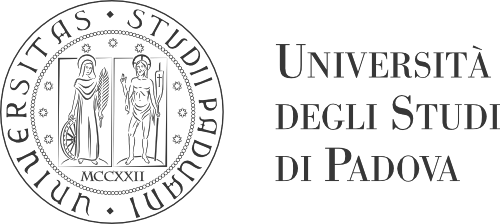Second Level Degree in Mathematics
Jump second level menu- Courses
- Timetable
- Exams
- Individual study program
- Student seminars
- Thesis
- Thesis Archive
- Graduation dates
- Contacts
ADVANCED ANALYSIS - 8 CFU
Teacher
Giovanni Colombo
Scheduled Period
I Year - 1 Semester | 30/09/2019 - 18/01/2020
Hours: 64 (32 esercitazione, 32 lezione)
Prerequisites
Basic real and functional analysis
Target skills and knowledge
Students will be gradually introduced to some of the main methods and ideas of modern nonlinear analysis. At the end this should provide the students with the ability of approaching a broad spectrum of topics, both applied and theoretical.
Examination methods
An oral exam on the topics covered by the course, that may include doing some simple exercises.
Assessment criteria
The understanding of topics, results, and main ideas presented in the course will be evaluated. Possibly, the student's focusing on a particular subject or application will be also taken into consideration.
Course contents
Fixed point theorems by Brouwer and Schauder, with applications; the hairy ball theorem.
Gateaux and Fréchet differentiability. The differential of the norm in L^p spaces.
Ekeland variational principle with some applications (Banach fixed point theorem; local inveribility of smooth functions in infinite dimensional spaces). Further applications to PDE and control theory.
An introduction to Convex analysis: regularity of convex functions; subdifferential and normal vectors to convex sets; the convex conjugate; convex minimization problems and variational inequalities.
An introduction to the mathematical Control Theory. Closedness of the set of trajectories under convexity assumptions; existence of optimal controls for minimum problems. Set separation and cone (non-)transversality as basic tools for abstract constrained minimization.
Optimal Control.
Nonlinear ordinary differential equations and transport of vectors and co-vectors.
Necessary conditions for constrained minima. Pontryagin Maximum principle.
Families of vector fields and controllability of control systems. An introduction to Rashewskii-Chow Theorem.
Planned learning activities and teaching methods
Lectures and exercises during the classes, with the possibility of personal focusing on particular subjects.
Additional notes about suggested reading
All lectures will be made on a tablet projected on a screen, and will be put on the Moodle platform in pdf format during the same day. Moreover, in the second part of the course printed lecture notes will be available.

